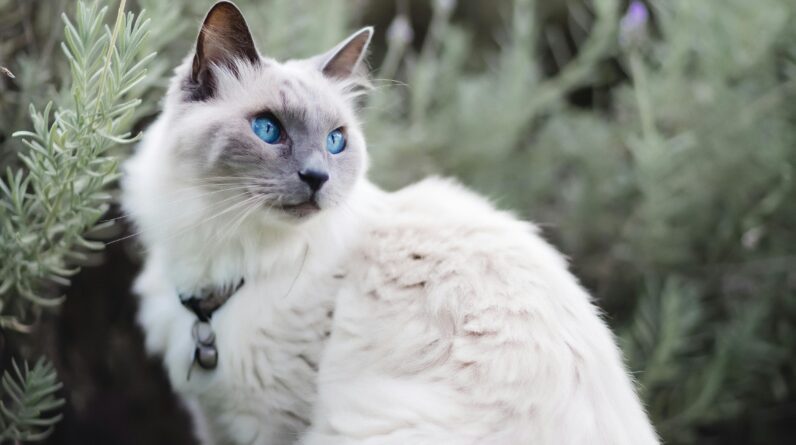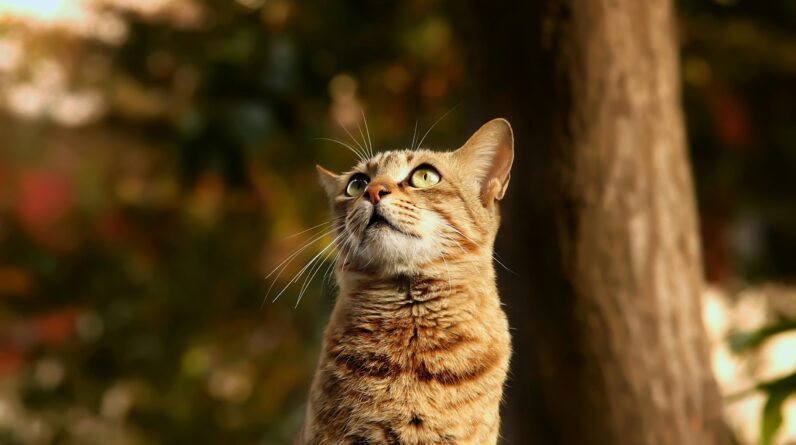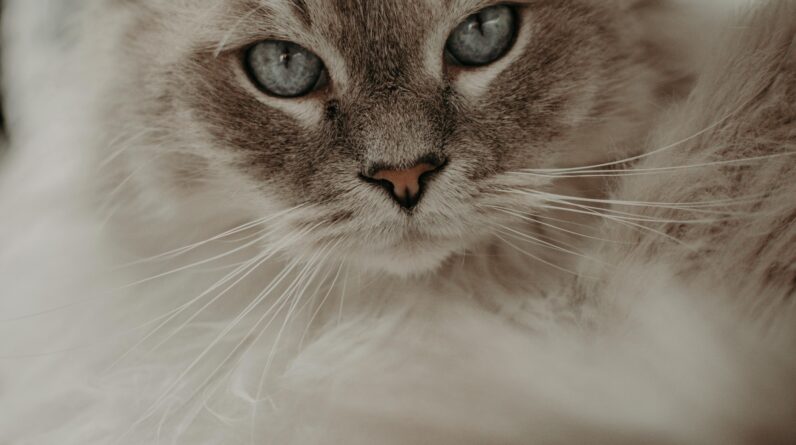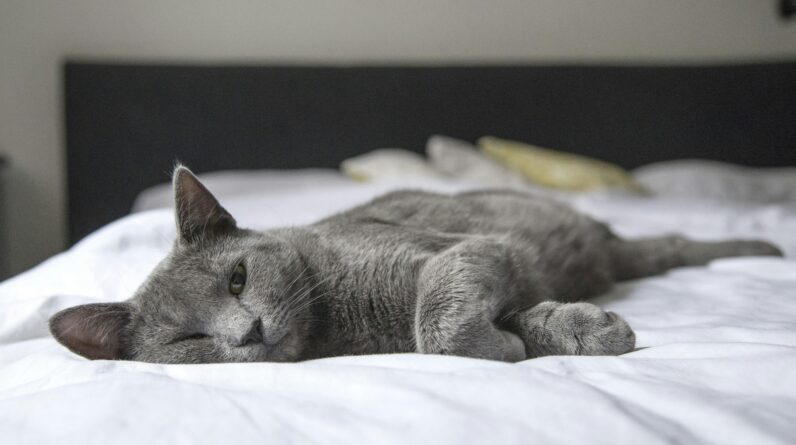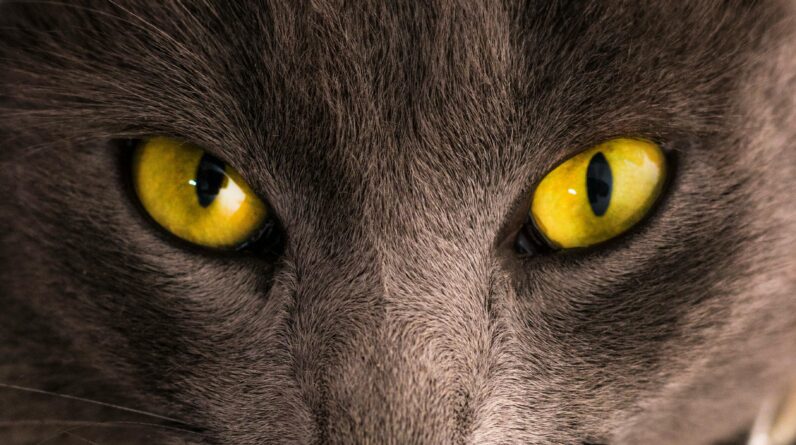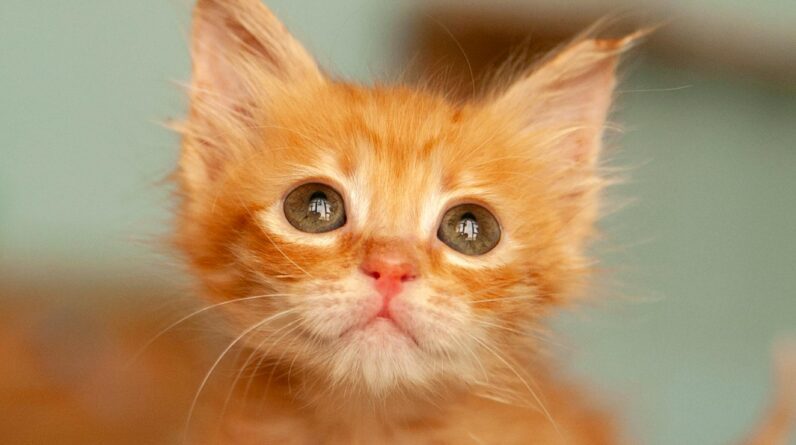
Have you ever wondered, are oranges good for cats? These vibrant fruits are delicious for humans. But what about our whiskered companions? It’s essential to know which foods are safe for your kitty.
Oranges, bursting with vitamin C and sweetness, might seem like a fun treat. However, citrus fruits can be tricky territory for felines. Their digestive systems are quite different from ours.
Your cat’s health is paramount. Knowing the effects of various foods helps keep them purring happily. Did you know vet visits for your ginger pal can cost up to $80, and emergencies can hit thousands? 😮 But worry not! Pet insurance has got your back. For a tiny cost, avoid huge bills and keep your kitty healthy. Click herefor peace of mind and endless purrs.
Nutritional Profile of Oranges
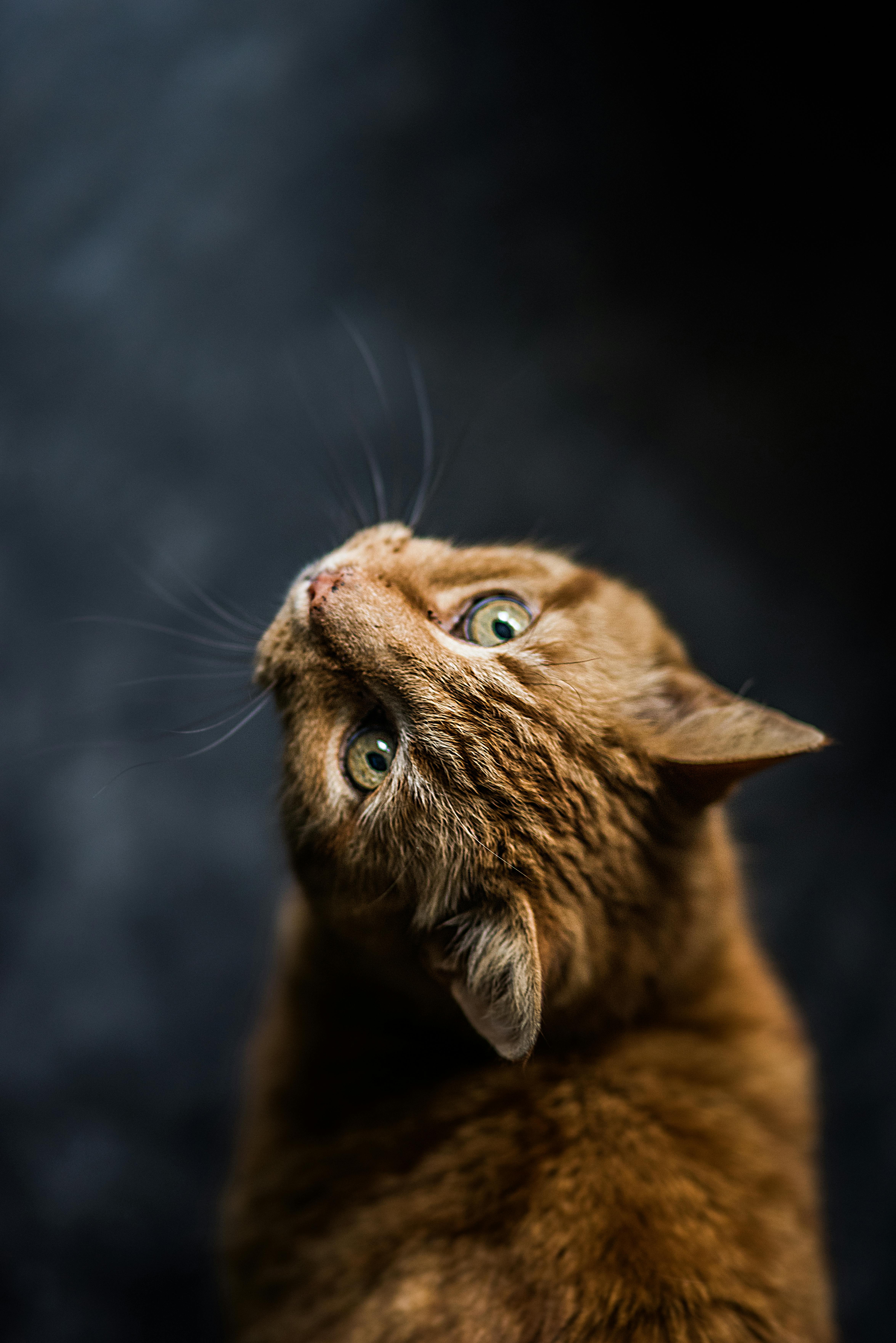

Oranges are packed with nutrients that benefit humans. They contain high levels of vitamin C, which boosts the immune system. Additionally, they are rich in fiber and antioxidants.
These fruits also provide significant amounts of potassium and folate. Potassium is essential for muscle function, while folate supports cell growth.
Moreover, oranges are low in calories but high in natural sugars. This makes them a sweet treat without too much guilt for us.
However, it’s crucial to remember that cats have very different dietary needs from humans. What might be healthy for you isn’t necessarily good for your feline friend.
Potential Benefits of Oranges for Cats
While oranges are nutrient-rich, they don’t offer the same benefits to cats. Cats have unique dietary needs and can’t process certain nutrients like humans do.
For example, vitamin C is abundant in oranges. However, cats produce their own vitamin C naturally. Therefore, additional vitamin C from oranges isn’t necessary for them.
The fiber content in oranges can aid digestion for humans. But your cat’s digestive system is different and doesn’t require plant-based fibers.
Antioxidants are another benefit of oranges that help fight free radicals in humans. Cats also need antioxidants but get them through a balanced diet designed for their species.
So while your kitty might enjoy the smell or taste out of curiosity, it’s essential to stick with foods specially formulated for feline health.
Risks and Dangers of Feeding Oranges to Cats


Feeding oranges to your cat can lead to several risks and dangers. Cats’ bodies aren’t equipped to handle citrus fruits, and this includes oranges.
One major risk is the presence of citric acid in oranges. Citric acid can cause stomach upset, leading to vomiting and diarrhea in cats.
The essential oils found in orange peels are another concern. These oils can be toxic for felines, potentially causing more severe symptoms like drooling or even tremors.
Oranges also contain a lot of sugar compared to what cats need. Excessive sugar isn’t healthy for cats and may contribute to obesity or diabetes over time.
Your curious cat might enjoy sniffing an orange slice but eating it is a different story. Even small amounts can disrupt their digestive system due to their inability to process certain compounds effectively.
Signs of Citrus Toxicity in Cats
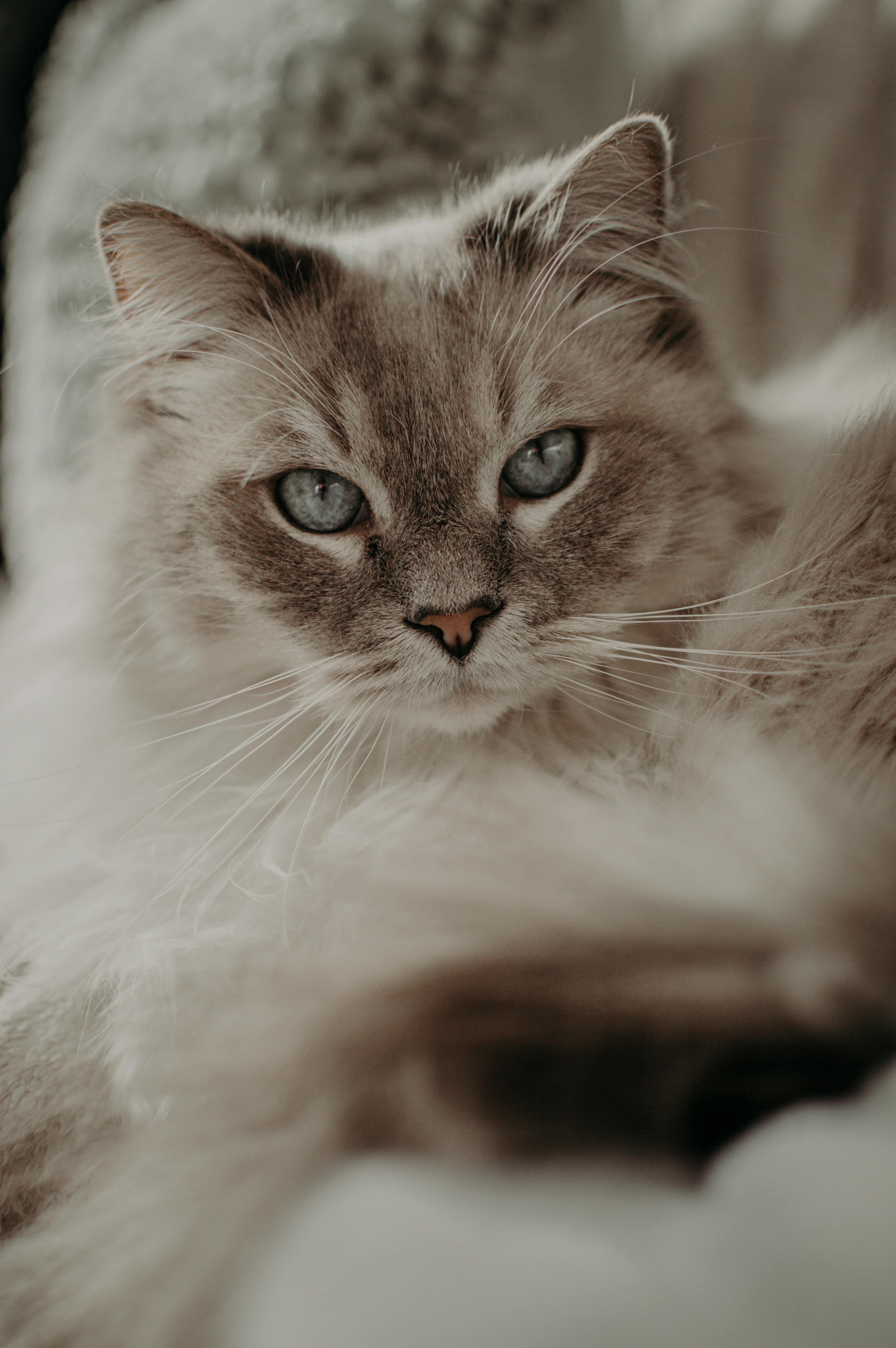

It’s crucial to recognize the signs of citrus toxicity in cats. Knowing these symptoms can help you act quickly if your cat accidentally ingests oranges.
One of the first signs is often excessive drooling. If your kitty starts salivating more than usual, it might be a red flag.
Another symptom is vomiting. Cats that have eaten citrus may frequently vomit as their bodies attempt to expel the toxins.
You may also notice changes in behavior such as lethargy or weakness. A normally playful cat becoming suddenly tired could indicate something is wrong.
- Tremors or shaking: These are severe symptoms and require immediate attention.
If your feline friend shows any of these signs, it’s important to consult a vet right away. The quicker you identify and address the issue, the better for your furry companion’s health.
Safe Alternatives to Oranges for Cat Treats
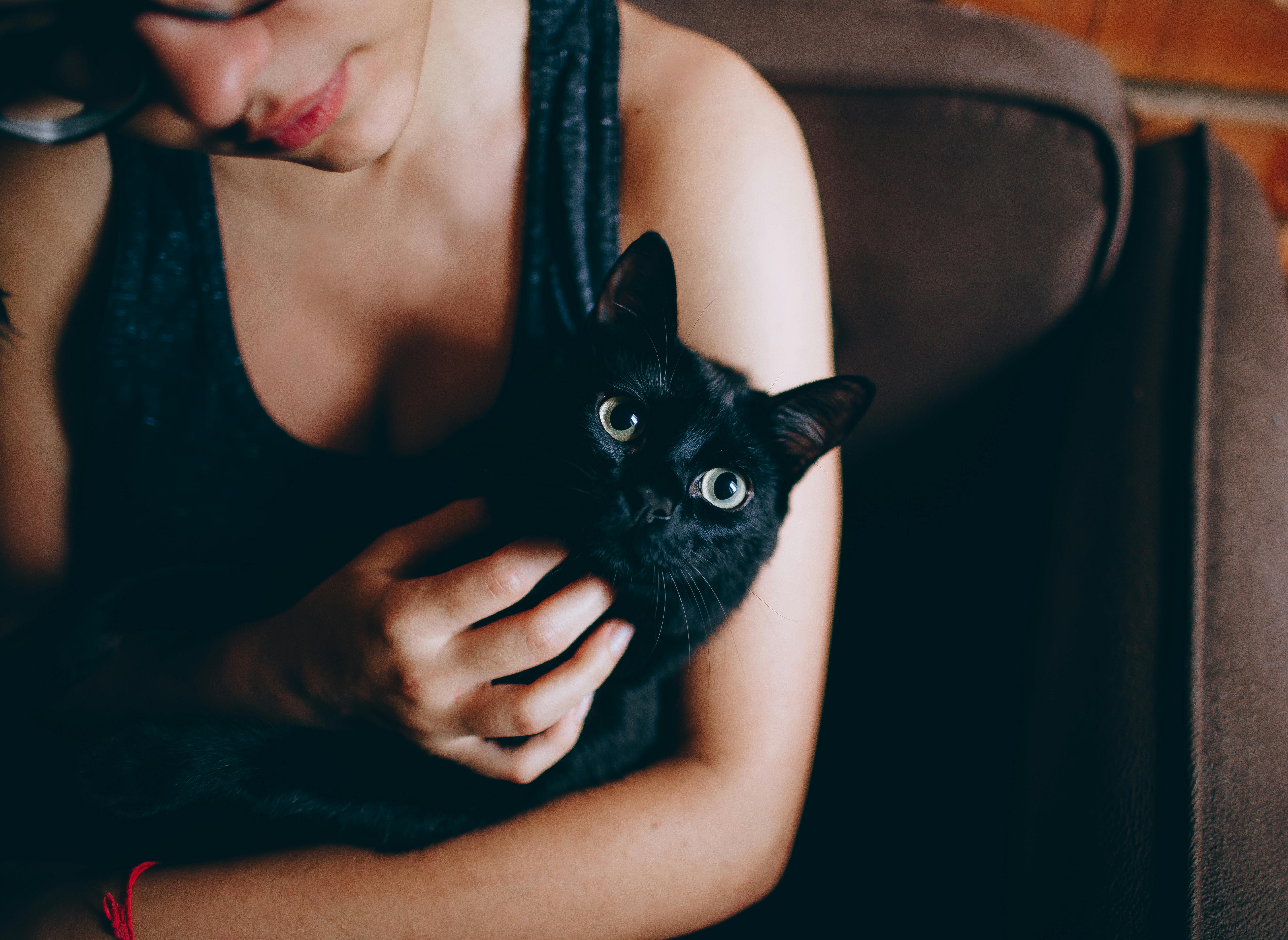

While oranges are a no-go, there are plenty of safe treats for cats. Let’s explore some yummy alternatives your feline friend will love!
Many cats enjoy the taste of plain cooked chicken. It’s packed with protein and easy to digest.
If you want to add some veggies, try offering steamed carrots or green beans. These can be a healthy snack in small amounts.
- Catnip: It’s not just fun but also a safe treat for most cats.
Certain fruits like sliced apples (without seeds) or blueberries can be given occasionally. They provide vitamins and antioxidants that are good for your kitty’s health.
If you’re looking for store-bought options, go for cat-specific treats. These are designed to meet their nutritional needs without any harmful ingredients.
Your furry friend deserves the best! Keep them healthy and happy by choosing safe alternatives to oranges. And remember—regular vet check-ups ensure your cat stays in top shape!
Did you know vet visits for your ginger pal can cost up to $80, and emergencies can hit thousands? 😮 But worry not! Pet insurance has got your back. For a tiny cost, avoid huge bills and keep your kitty healthy. Click here for peace of mind and endless purrs: Check out pet insurance now!


